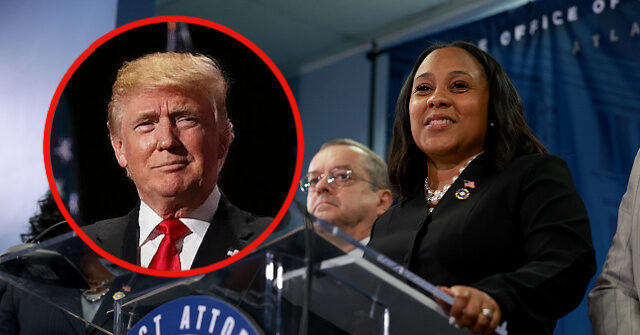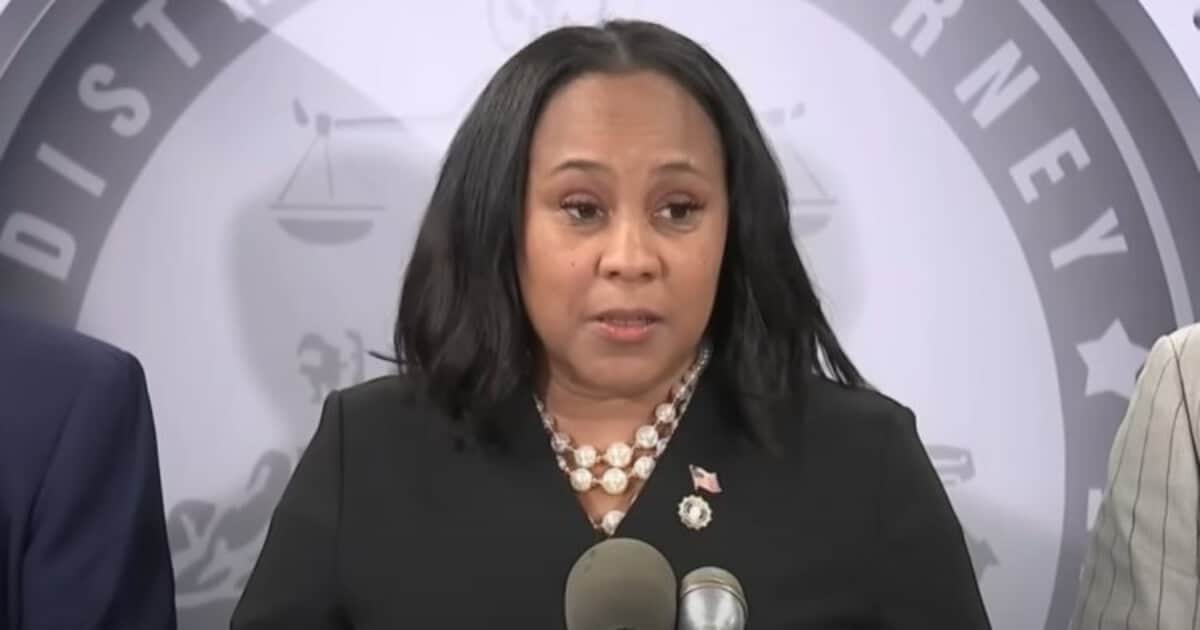Part 2
Pearce had a carefully crafted answer to this, and it was responsive to some of the side comments Sauer wove into his argument. When asked early on about immunity, Sauer said that without it, presidents would always have to look over their shoulders and fear prosecution when making difficult decisions. He argued that President Obama could be prosecuted for a drone strike that resulted in civilian deaths or that Joe Biden could be prosecuted over some unspecified wrongs at the border and face a “Texas jury.” Pearce suggested that presidents might sometimes have access to immunity from prosecution, for instance, in a narrow setting involving a decision made to protect national security, with little time to decide, and made in reliance on the advice of White House Counsel.
That carve-out wouldn’t apply to a president like Trump who ignored the advice of the White House Counsel and conspired with a group of power-hungry sycophants to steal an election for his own personal purposes. But it would protect a president who faces a difficult one like the Obama decision Sauer referenced. Pearce told the court they didn’t have to decide on the scope of any exceptions, only identifying the possibility and leaving decisions to future cases. This is a usual pattern for courts handling developing doctrines, and nothing particularly exceptional or objectionable if the court chooses this route.
This was the meat of the argument, the merit of Trump’s immunity defense. But before they got there, Judge Childs asked questions about whether the court had jurisdiction to hear the appeal now, challenging the idea that Trump could appeal immunity before a trial and conviction took place. The argument was offered in one of the amicus briefs. You’ll recall we’ve discussed it as well, and that I had dismissed the argument, because the Special Counsel had dismissed it, saying it was wrong and Trump was entitled to appeal.
Judge Childs seemed to see it differently and may well write to this issue in her opinion. But Pearce confirmed the government’s view, in response to her questions, that Trump was entitled to take the appeal at this point in the case. Judge Pan asked why he wasn’t willing to argue for dismissal on this basis, asking, “Doesn’t that serve your interests?” Pearce responded that the government’s interest was in doing justice, and they were obligated to take a position that was legally correct “even if it hurts us.” In sharp contrast to some of the arguments made by Sauer, Pearce offered, “We have to do what we think the law says.”
In one interesting stretch of questioning, Judge Pan forced Sauer to concede that there is not complete immunity, even for “official acts” by a president. Sauer had been arguing presidents were completely immune and Judge Pan had been pushing him on just how broadly that could sweep, for instance, that since communicating with foreign governments was part of a president’s job, could he claim immunity for conversations in which he sold government secrets. Sauer responded that a president in that situation could be prosecuted following impeachment and conviction.
Judge Pan moved in for the kill.
Pan: So, therefore, he’s not completely immune, because you concede he can be prosecuted under certain circumstances. Isn’t that also a concession a president can be prosecuted for an official act, because they can be impeached for an official act?
She asked Sauer if his concession didn’t narrow the issues before the court to simply deciding whether a president can be prosecuted without first being impeached. She pointed out, “All of your other arguments seem to fall away … if you concede a president can be prosecuted under some circumstances.”
This position may well drive the court’s opinion, or play prominently in a concurrence by Judge Pan if she can’t attract the other judges to it. It’s an elegantly simple argument. Trump concedes there is no absolute immunity, but sets up a condition for prosecution for official acts: there must be impeachment and conviction first. The court accepts the concession, that there is no absolute immunity. However, it rejects the “impeachment first” argument, a non-serious argument that isn’t grounded in either the language of the Constitution or case law. The panel seemed to think it had so little merit that it didn’t seriously press the government on this point during its turn. Pearce told the court, that they “might think” that if the Founding Fathers intended to preclude criminal prosecution of a former president who hadn’t been impeached and convicted, “you might find it in history from the convention.” Of course, it isn’t there.
By the conclusion of his exchange with the court on this point, Sauer seemed flustered, unable to explain why Judge Pan’s analysis was wrong. The best he had to offer was that the Founding Fathers were concerned about the possibility of politically motivated prosecutions, so they would have limited prosecution of presidents. Pan explained her reasoning to him: once he conceded there isn’t unlimited absolute immunity, the argument isn’t that his client can’t be prosecuted, it’s just about when his client can be prosecuted. You’re arguing there is absolutely immunity, she told him, that the judiciary can never sit in judgment on a president. But you’re conceding that’s not true.
After that exchange, at the close of his argument, and in a comment that hasn’t drawn much attention, Sauer asked the panel to “stay the mandate” so he could “seek further review” if he loses. That’s the delay argument. Sauer wants to take as much time as possible to push this appeal further—and continue to push off the trial date in this case, regardless of whether he wins or loses this motion. He doesn’t want the panel to limit the amount of time he has, which could end up being months before he has to file a certiorari petition to the Supreme Court. Not much audible reaction from the panel to give us a sense of whether they’re inclined to play along.
The court took a decidedly different tack in questioning the government. Judge Henderson asked Pearce how they could write an opinion that would keep the floodgates of political prosecutions from opening. Pearce fell back on traditional rule of law principles. He argued that the legal process isn’t political and that there are built-in safeguards that protect against political prosecutions, including prosecutors who follow strict codes of conduct, grand juries who must approve charges, trial juries who must agree that the government has proven a defendant guilty beyond a reasonable doubt and courts that can review convictions.
Pearce also argued that the floodgates argument presupposes that government no longer works like it’s supposed to, that it’s populated by actors who would engage in wrongful, purely political conduct. He said there was no reason to assume the future would be full of vindictive “tit-for-tat prosecutions.” Perhaps he has not read Trump’s 2025 plan, but he certainly underscored the panel’s concern about crafting a rule that works in this case and is protective for the future. Pearce told the court that this case had to be prosecuted because of the unprecedented nature of the charges against Trump, who conspired with private individuals and used the levers of power to corrupt the election system. His argument, that this is a novel, important case that required prosecution and that lesser cases will not be brought is an optimistic view of a future we all hope is in store for us.
That’s a lot. And of course, there was more in-the-weeds legal argumentation that will undoubtedly resurface in the opinion. But the takeaway seemed to be that this argument was not about whether Trump would lose, it was about how he will lose. That is the panel’s job to sort out.
One final thought. Because this is a federal appellate court, we were able to listen in. Audio clips are circulating online, on TV, and on social media for those who couldn’t listen to the entire argument. This sort of transparency makes it possible for people to understand the arguments; what was said and what wasn’t said. If ever there was an argument for cameras in the courtroom when Trump goes to trial, it’s this proceeding we were able to hear today.
The first of many to come

joycevance.substack.com
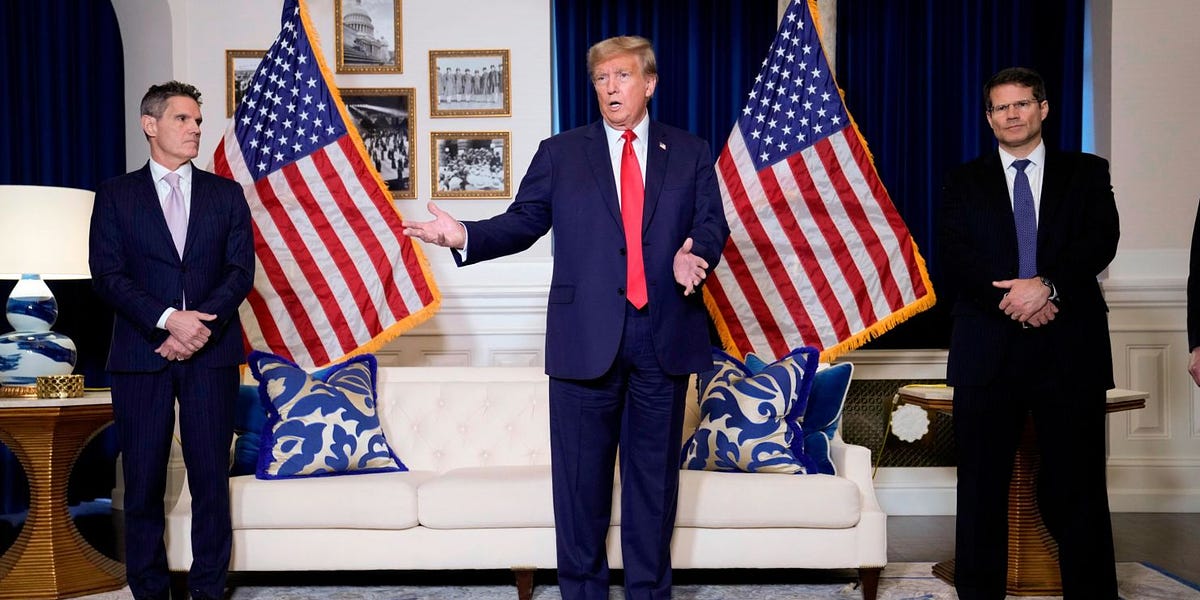

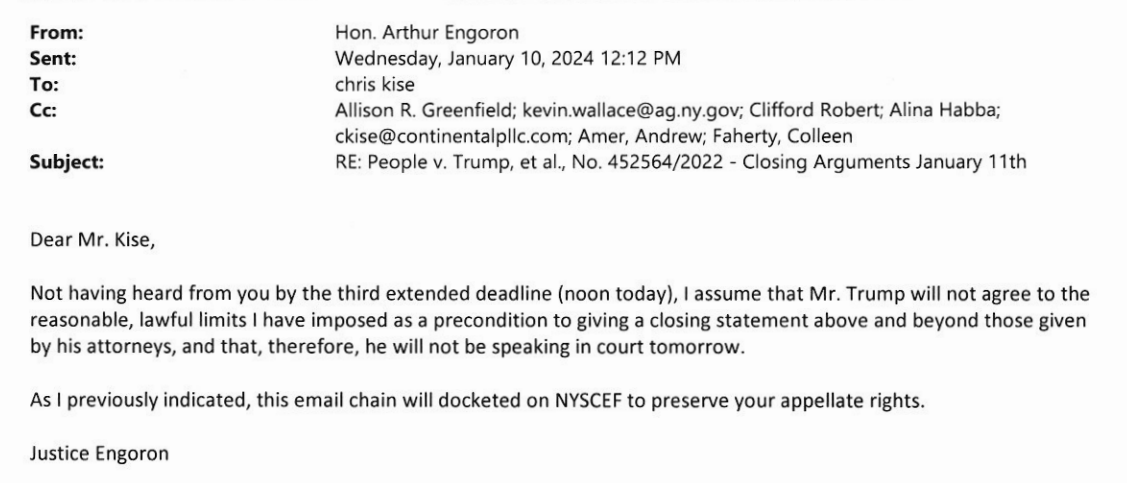
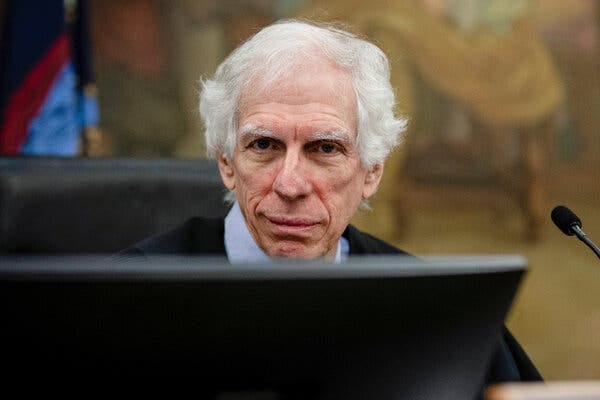

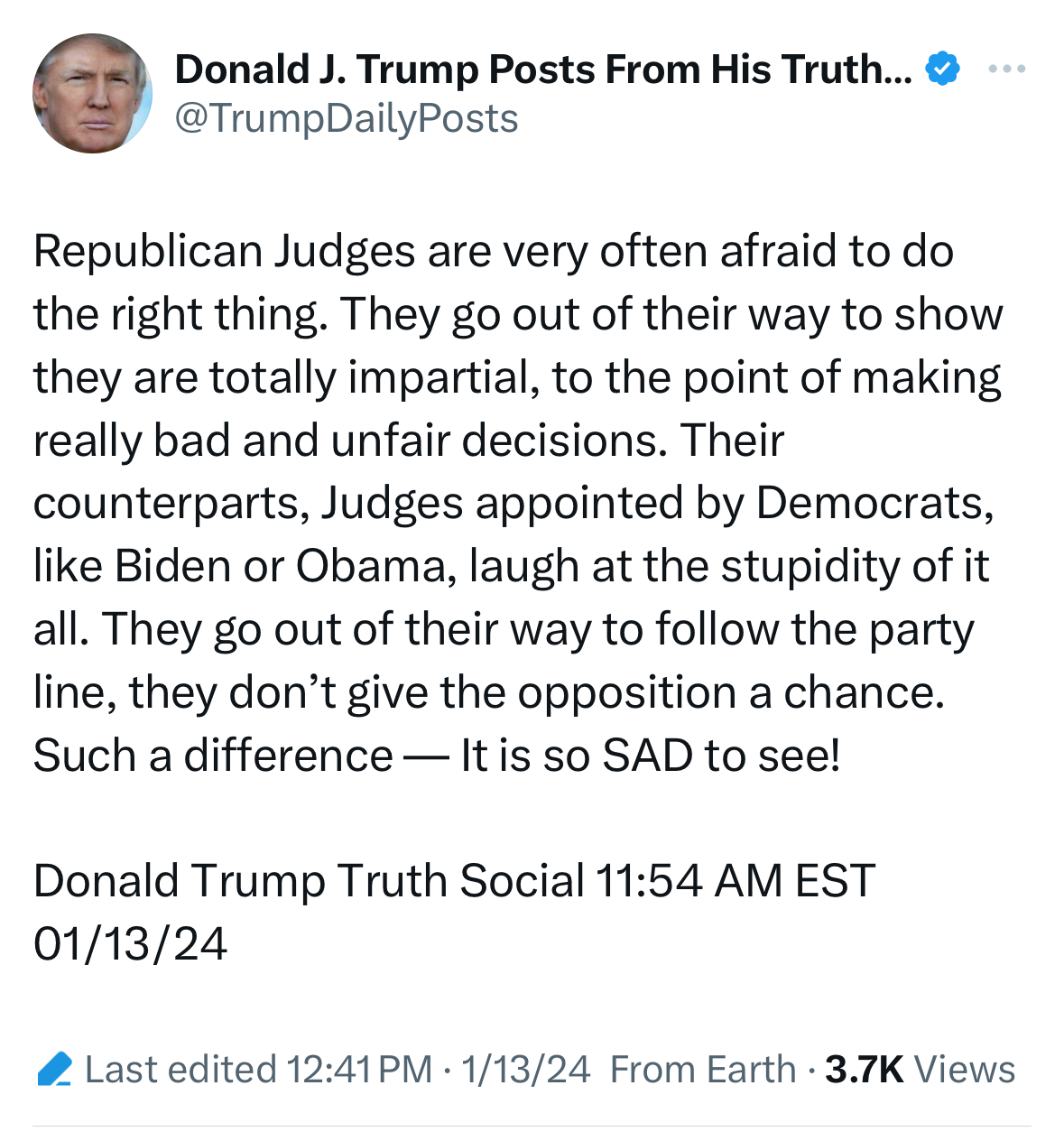


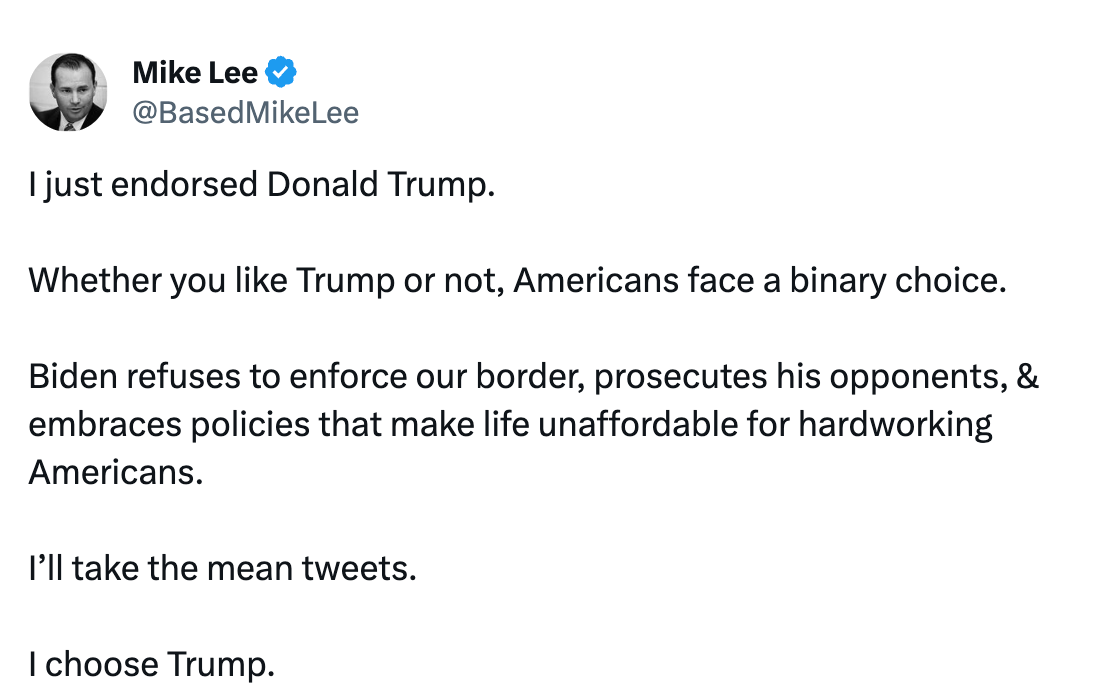
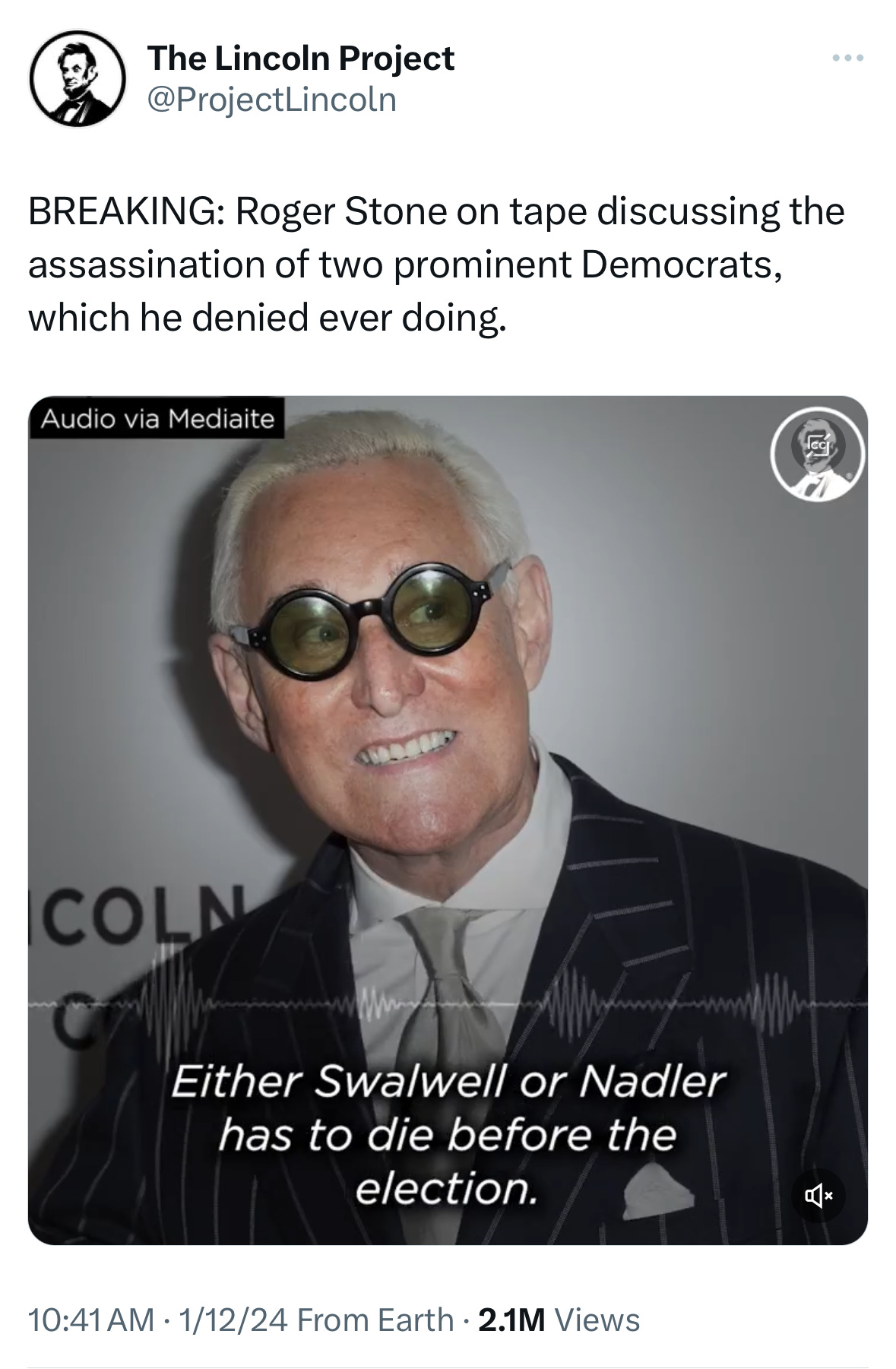

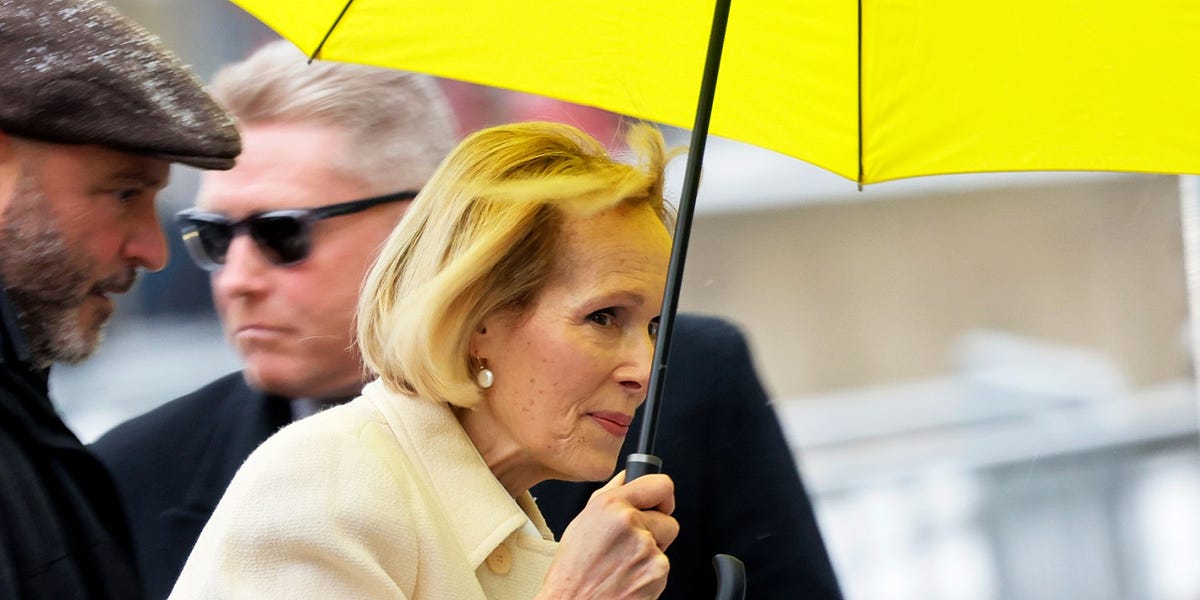
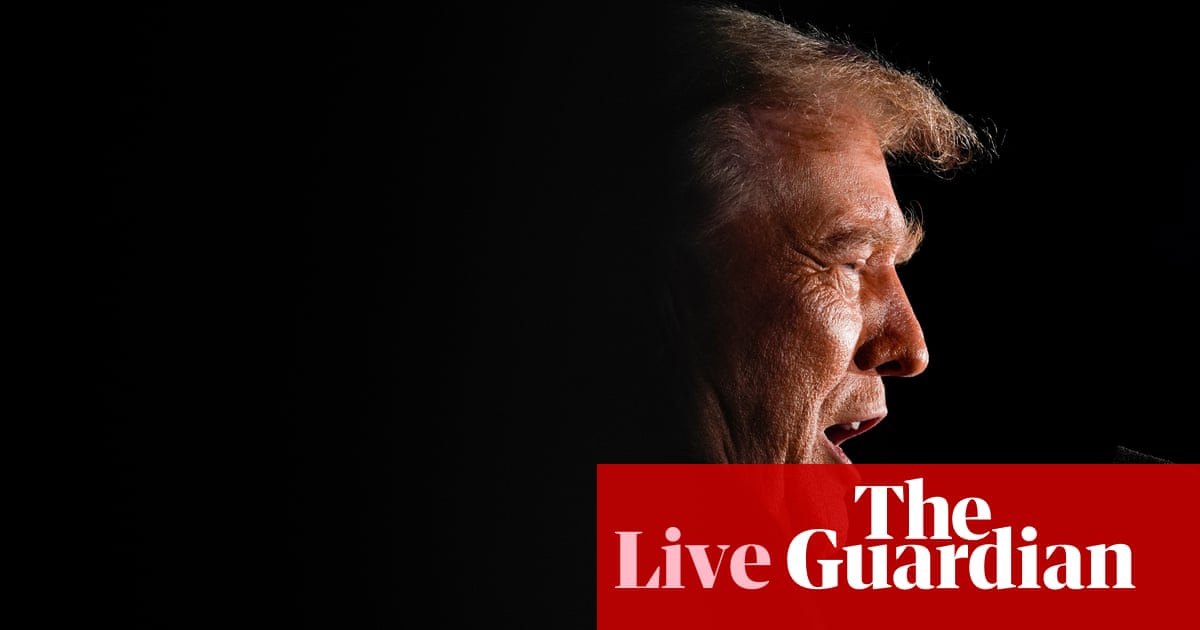

www.theguardian.com
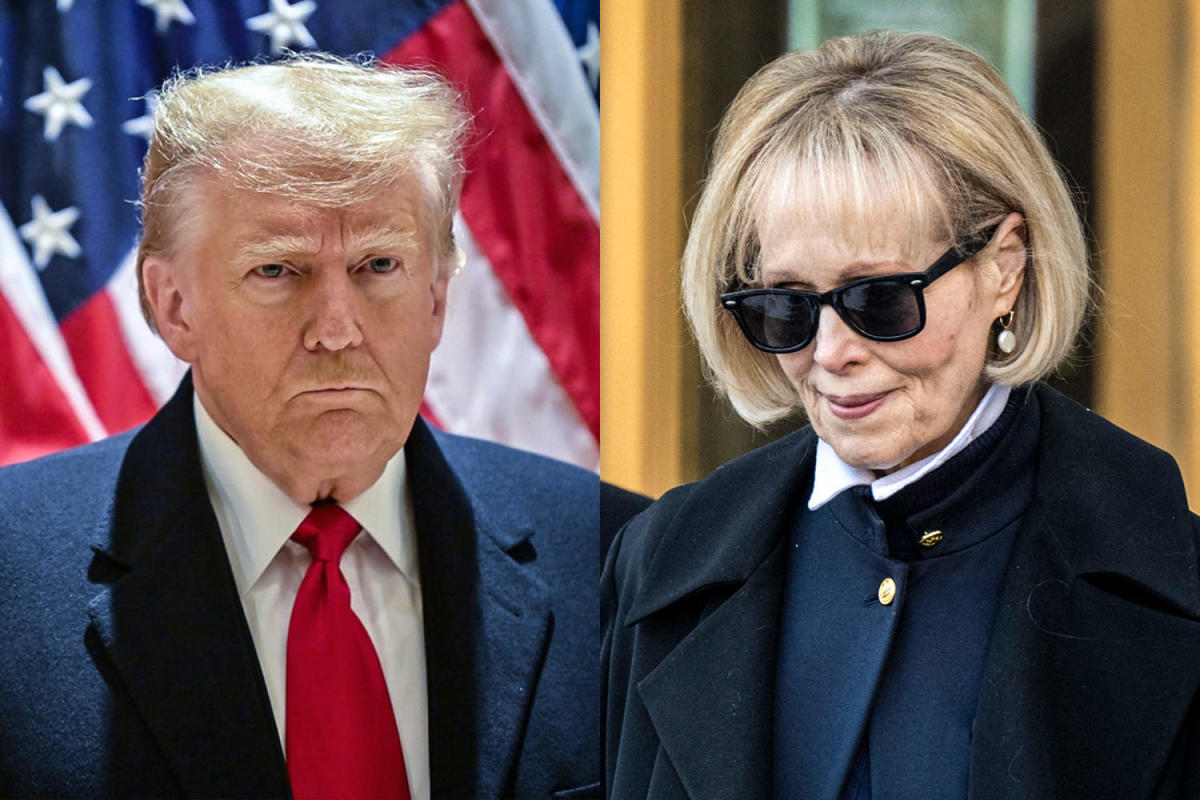

 www.rawstory.com
www.rawstory.com

